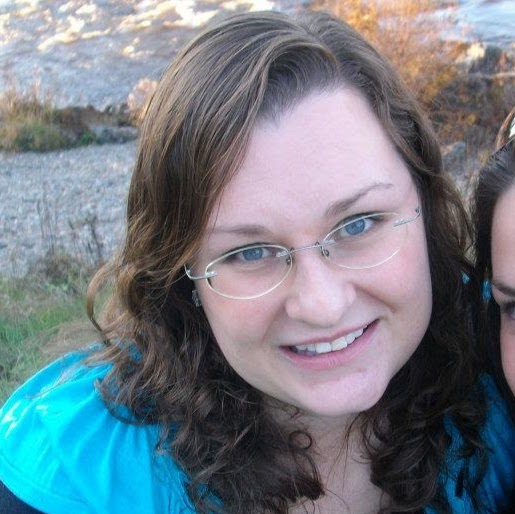As a biological researcher studying aging, some of the most common questions I get asked by people are: “How can I live forever?” or “Have you discovered the fountain of youth yet?”
I usually reply with some quirky comment about being close to a Nobel Prize-worthy breakthrough in the lab that is going to be huge. But all kidding aside, there are some organisms that are considered biologically immortal, such as bristlecone pines and marine life we can find along Maine’s coastline (ex: American lobster, and hydras).
Biological immortality is a bit different than true immortality, in which you live forever and never die. A 100-year-old lobster would be massive, most likely weighing 20-plus pounds and be about the size of a toddler. On a side note, there have been several of these large lobsters documented, one in New Brunswick as recent as last November.
Unlike most animals who stop growing upon reaching adulthood, lobster can continue to expand, molt, and even regrow lost appendages regardless of adult age. Their cells possess the ability to regenerate and don’t show signs of deterioration with each consecutive cell division. This provides the lobster a youthful internal system, while appearing mature and hardy on the outside. The larger the body, the less likely the lobster will fall prey to predators such as cod, flounder, and dogfish.
Ultimately, the main predator for adult lobster would be humans. This means that even though biologically the lobster has cells that are immortal they can still become our dinner, and thus succumb to their mortality.
But now the wheels are turning, how can humans reach biological immortality?
Research with model organisms from microscopic yeast to large primates indicates that aging can be slowed down, and perhaps one day reach biological immortality. Science is finding that aging really boils down to a few general factors: 1) genetics, 2) environment, and 3) life choices.
Although we have little control over the genes we are given from our parents, we can control some aspects of gene expression. Certain genes are activated upon eating, others while sleeping, and some while exercising, smoking, imbibing, are drug activated or repressed (and the list can go on). What this means is that we might not be able to control what genes we are given at birth but to some extent we can alter the way genes are expressed.
This is where environment and life choices can really impact the rate in which we age. We heed warnings to stay away from environments containing radioactivity as it can cause death with exposure, but the simple act of reducing the amount of calories ingested daily without reducing nutrition has been shown time and time again to slow down aging (at least in model organisms).
Notice I said this was a simple lifestyle change? Which in reality, is not simple at all. I enjoy eating, drinking, and living this mortal life too much to want to restrict my eating so that I can delay aging. Instead, scientists (myself included) are involved in seeking out biological ways to activate the same anti-aging pathway without having to deprive oneself of that slice of cake (remember Nobel Prize in the making).
Perhaps one day we will truly be biologically immortal and can eat our cake, too.
Amber Howard has been an assistant professor of biology at the University of Maine at Augusta since 2015. She is a 2011 Ph.D. graduate of Georgia Regents University, and recent postdoctoral researcher for the Mount Desert Island Biological Laboratory. She primarily focuses her research and teachings on physiology, disease mechanisms, and the biology of aging.
Send questions/comments to the editors.



Success. Please wait for the page to reload. If the page does not reload within 5 seconds, please refresh the page.
Enter your email and password to access comments.
Hi, to comment on stories you must . This profile is in addition to your subscription and website login.
Already have a commenting profile? .
Invalid username/password.
Please check your email to confirm and complete your registration.
Only subscribers are eligible to post comments. Please subscribe or login first for digital access. Here’s why.
Use the form below to reset your password. When you've submitted your account email, we will send an email with a reset code.